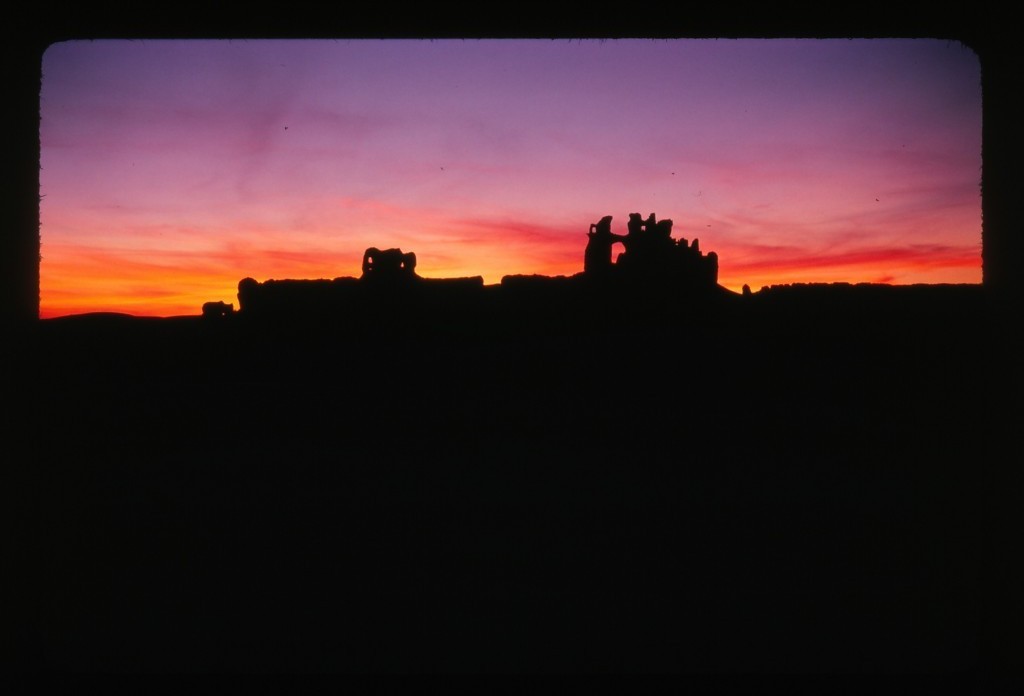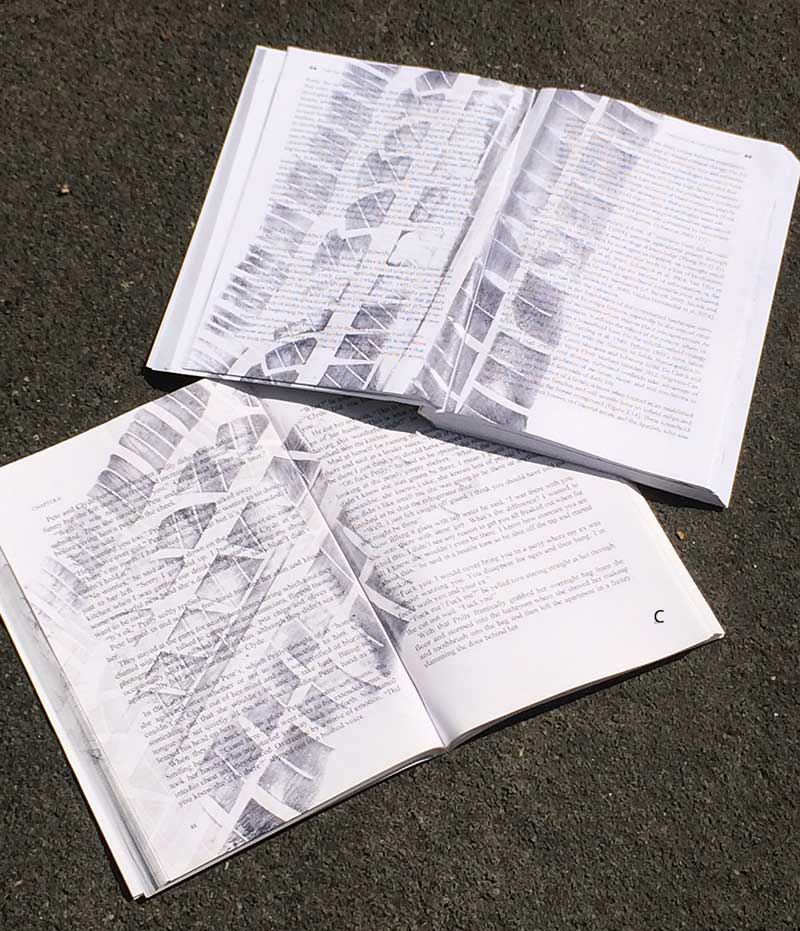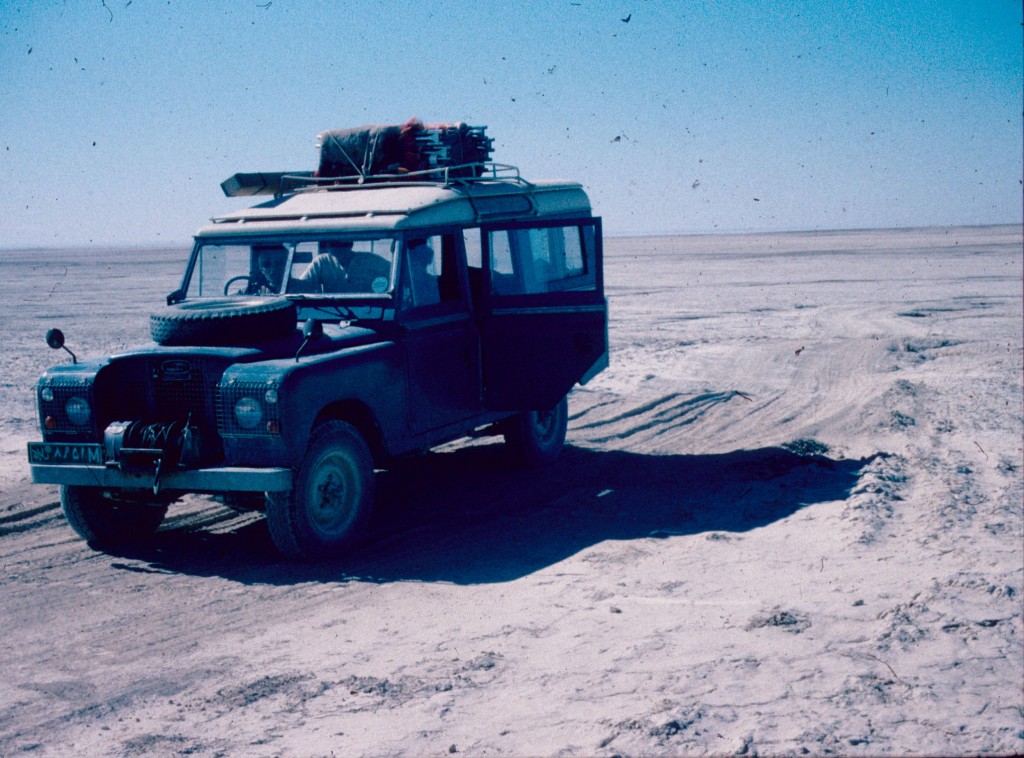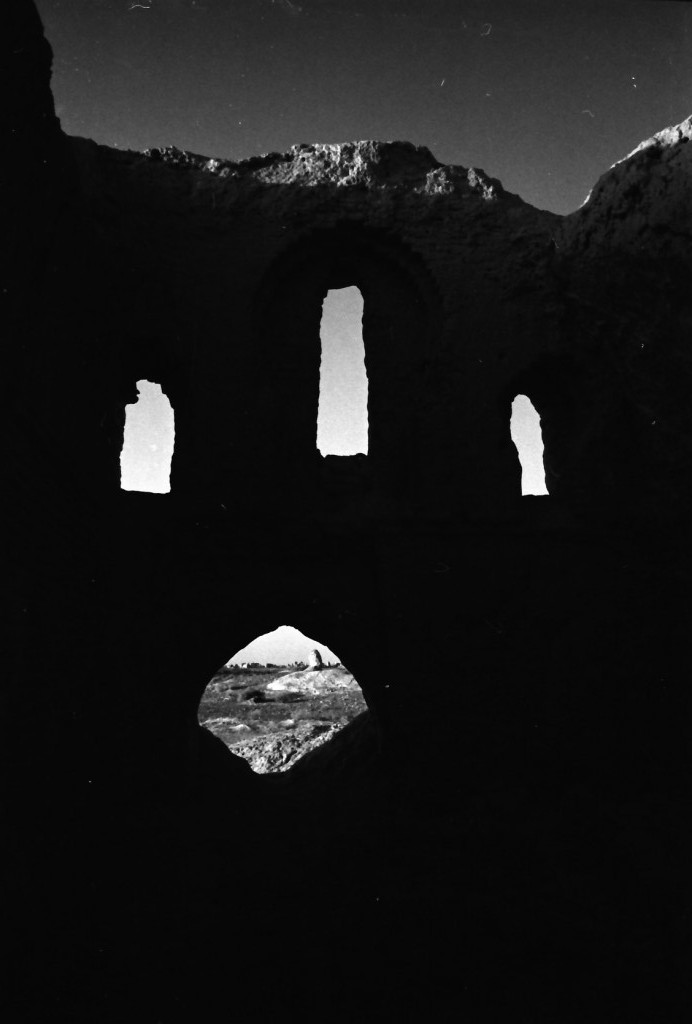


Mitch’s Blog
The Night Wind
Monday, February 06, 2017
 Late November 1974. The field season was over. We'd packed it all into the two Land Rovers and headed downriver, past the shallow blue-gray lakes ringed with yellowing reeds to where roads consisted of no more than the least bumpy way through fields of rocks and sand.
Late November 1974. The field season was over. We'd packed it all into the two Land Rovers and headed downriver, past the shallow blue-gray lakes ringed with yellowing reeds to where roads consisted of no more than the least bumpy way through fields of rocks and sand.
Since the blistering heat of September, we had been documenting archaeological sites along the Helmand, Afghanistan’s largest river. We had scraped the dusty surfaces of a villa from when the Kings of Parthia held the power in Asia. We dug out the sand from a three story mudbrick houses where the family flipped off the lights, locked the door, and left town sometime in the 1400s. We walked a sand-blasted plain that once housed hundreds of miles of mud-slick canals and endless fields of millet and barley, but now home to racing sand dunes and scrawny tamarisks. We surfed down hundred foot sand dunes in cardboard boxes. We bathed in the current that had cleansed visitors since our ancestors first left Africa. We wandered through the remains of palaces, temples, and masoleums. The calendar proclaimed the end of November, and it was our last night in Sistan.
And what a night. Camped at the base of a fifteenth century fortress, now a slumping plane of mudbrick,  we awaited the dawn and CIVILIZATION! A few hours of driving across a trackless desert pavement and we would be back in Lashkar Gah and the suburban ranch houses built by US foreign aid workers from Arkansas on the banks of a Central Asian river. Culinary deprivation of the past three months was reviewed, plans for our first indoor shower made, elaborate erotic fantasies of nights with the first attractive Western woman to cross our paths exchanged. Time to go home.
we awaited the dawn and CIVILIZATION! A few hours of driving across a trackless desert pavement and we would be back in Lashkar Gah and the suburban ranch houses built by US foreign aid workers from Arkansas on the banks of a Central Asian river. Culinary deprivation of the past three months was reviewed, plans for our first indoor shower made, elaborate erotic fantasies of nights with the first attractive Western woman to cross our paths exchanged. Time to go home.
Then it came. Baad i-shab, the night wind. First a little flicker of the campfire, then a steady puff, ratcheting up to a low moan. The night passed, even the ever-increasing volume of our voices was not enough to withstand the howl of the frozen air hurled at us from the heart of Siberia. The jubilant scene around the campfire became ever more subdued, except for the tortured snapping of the flames, twisted and tormented by the swirling, howling wind. Winter had arrived to Sistan. Baad i-shab was its calling card.
I remember that night, huddled in my sleeping bag. In spite of insulation promised by the manufacturer to defeat the coldest Alaska winter, nothing could keep the chill of Baad i-shab from my bones. The ghosts inhabiting Sistan's mud fortresses were raised that night and howled in unison with the storm. Sand dunes leaped miles across the plain, herded by the relentless night wind. We puny humans, huddled beneath a half-melted slumping wall, were reminded of forces beyond our rational control. It was a night of pain, of vulnerability, of sorrow. An hour before dawn, we wondered if it would ever end.
in my sleeping bag. In spite of insulation promised by the manufacturer to defeat the coldest Alaska winter, nothing could keep the chill of Baad i-shab from my bones. The ghosts inhabiting Sistan's mud fortresses were raised that night and howled in unison with the storm. Sand dunes leaped miles across the plain, herded by the relentless night wind. We puny humans, huddled beneath a half-melted slumping wall, were reminded of forces beyond our rational control. It was a night of pain, of vulnerability, of sorrow. An hour before dawn, we wondered if it would ever end.
It wasn't until the next day back in civilization (CIVILIZATION!) while cheerfully unpacking from our Rovers stacks of mud-stained tools, duffel bags full of shredded sweatshirts and grimy socks, and boxes filled with Timurid blue-glazed potsherds and fragmentary toy ceramic horses that the telegram came in garbled English, passed from Los Angeles to New York to Paris to Kabul to Lashkar Gah to me:
"Father Has Fast Away. Come Home Immediately."
The season was over.
Photos by Robert K. Vincent Jr, courtesy of Helmand Sistan Project
Back to Scholarly Roadkill Blog
Scholarly Roadside Service
ABOUT
Who We Are
What We Do
SERVICES
Help Getting Your Book Published
Help Getting Published in Journals
Help with Your Academic Writing
Help Scholarly Organizations Who Publish
Help Your Professional Development Through Workshops
Help Academic Organizations with Program Development
CLIENTS
List of Clients
What They Say About Us
RESOURCES
Online Help
Important Links
Fun Stuff About Academic Life


